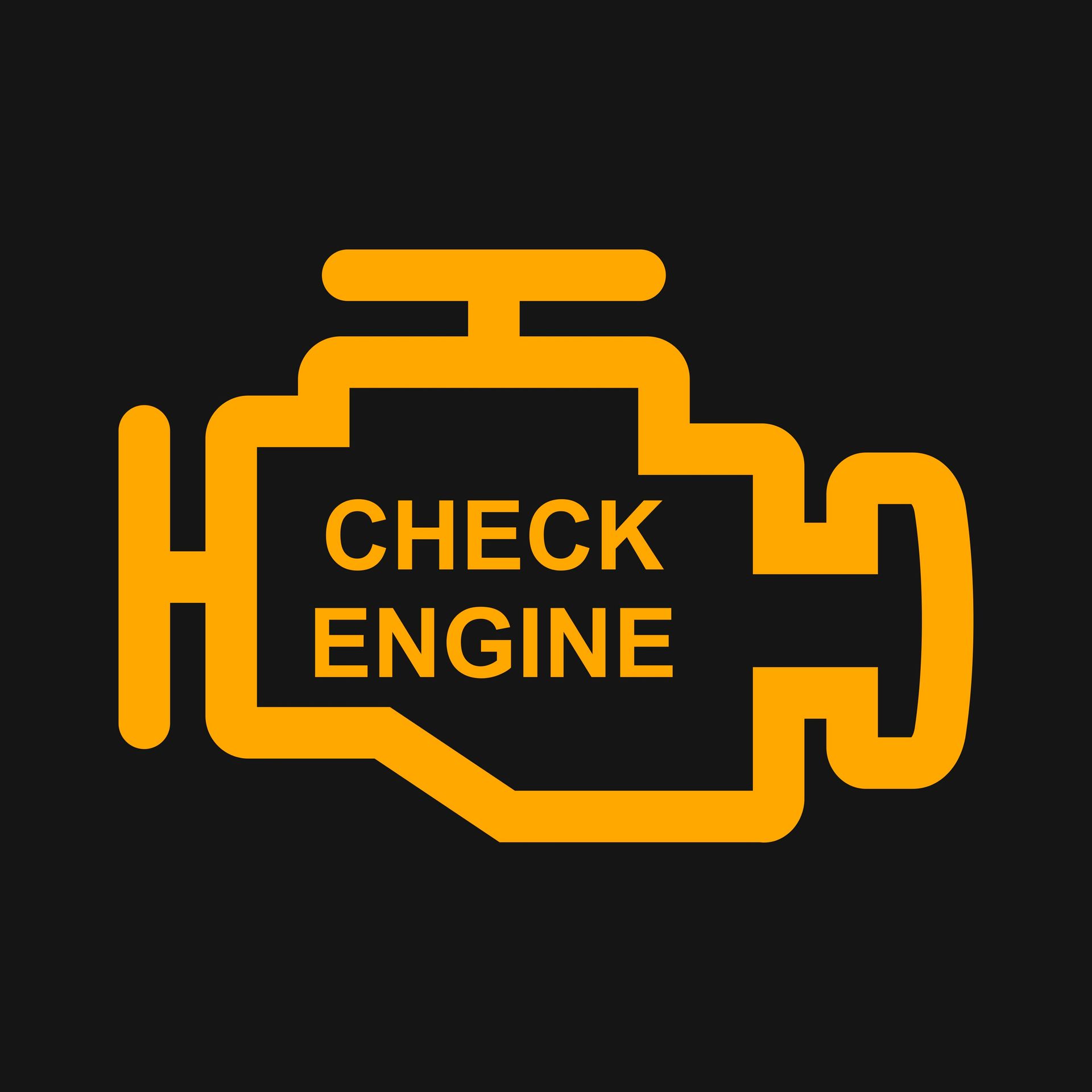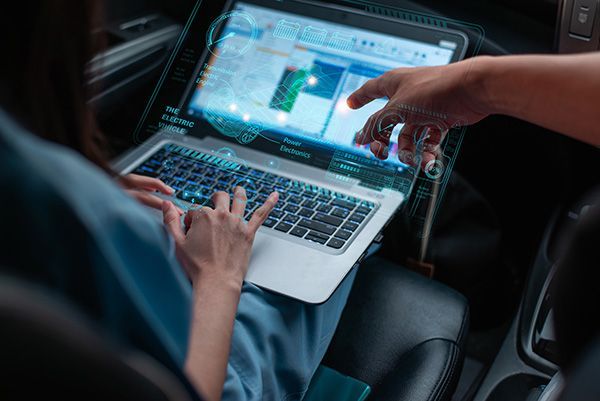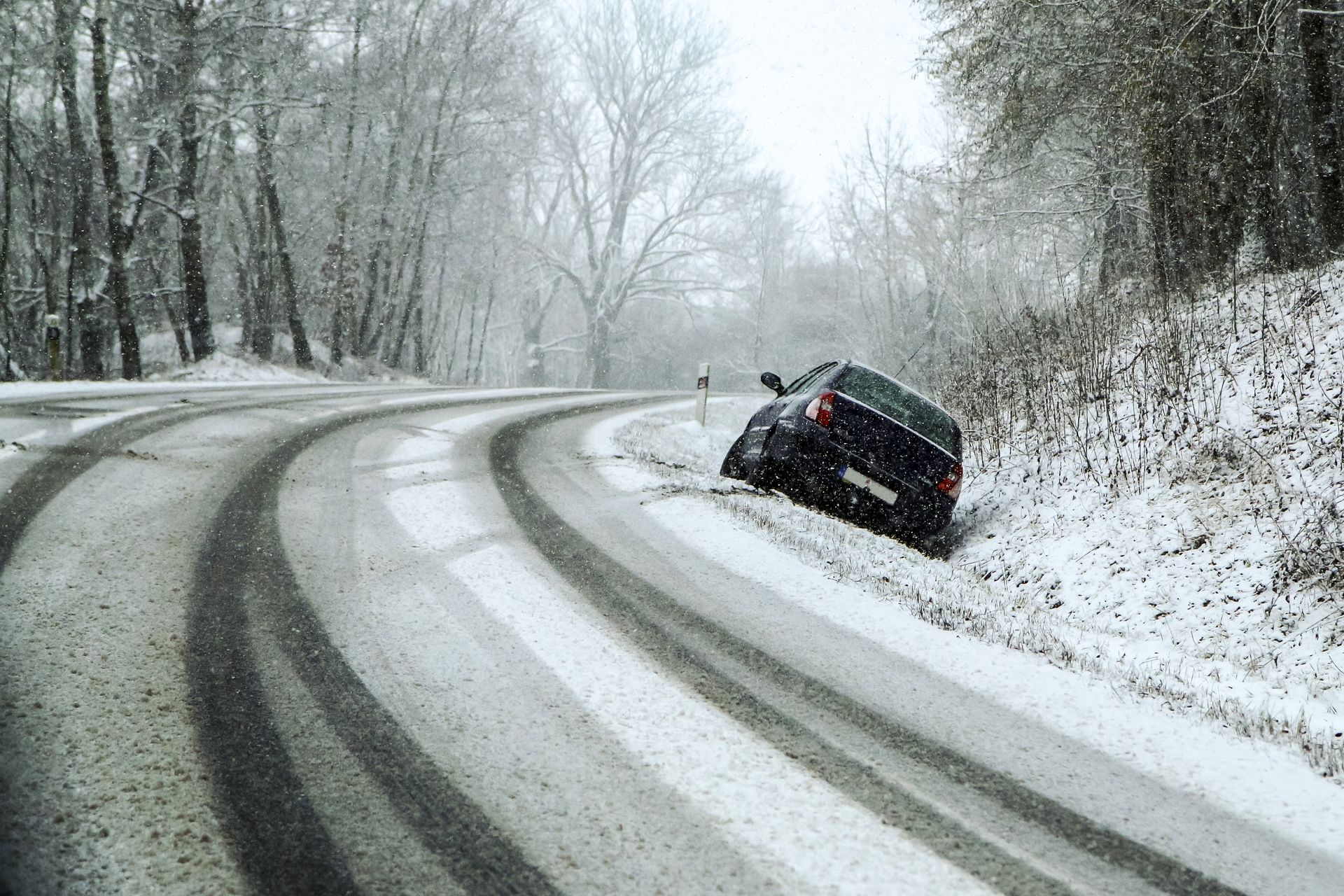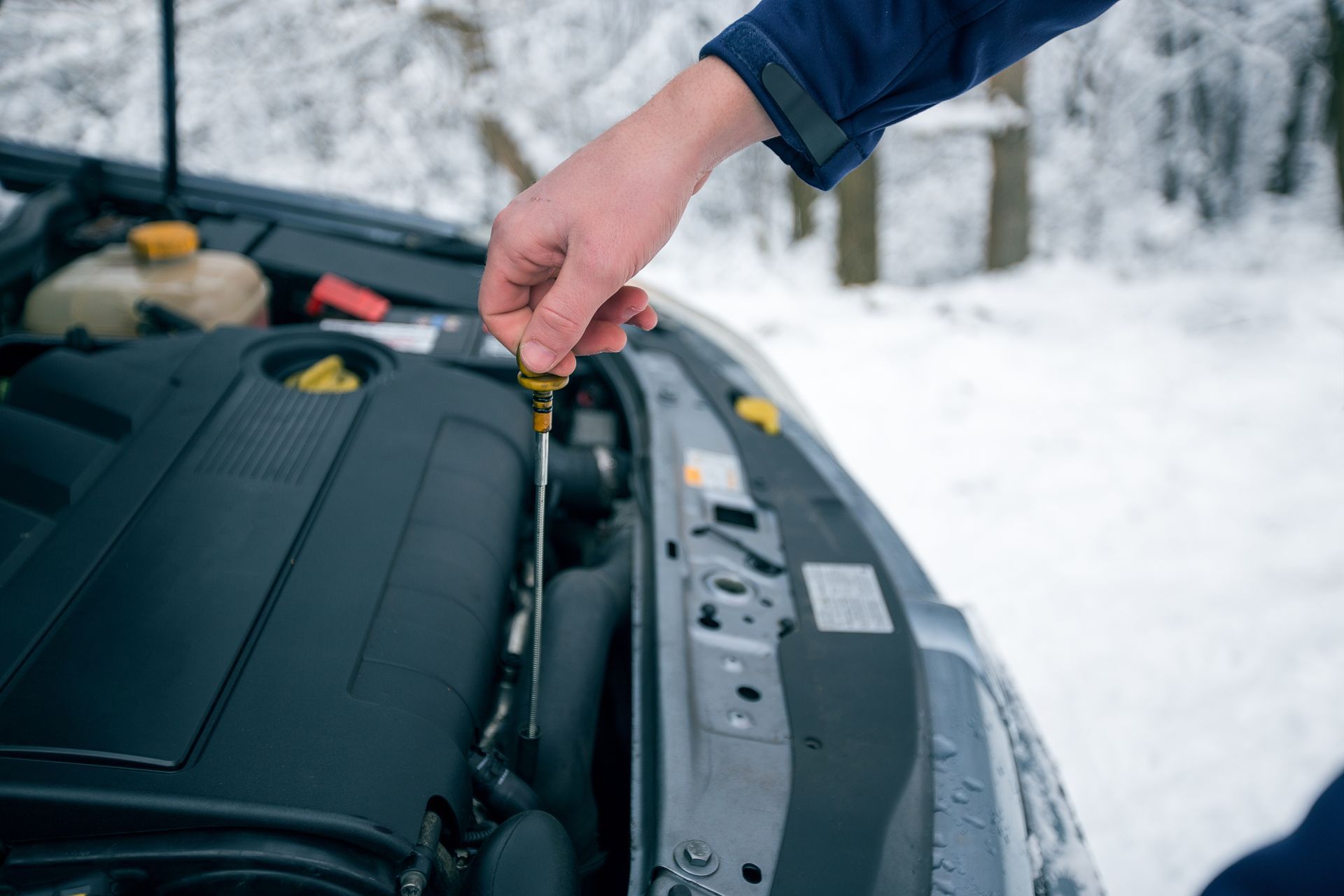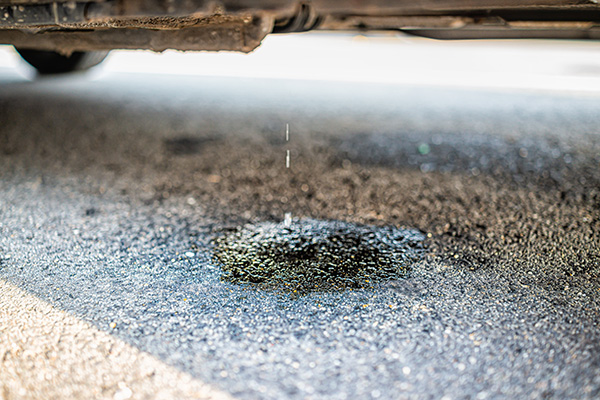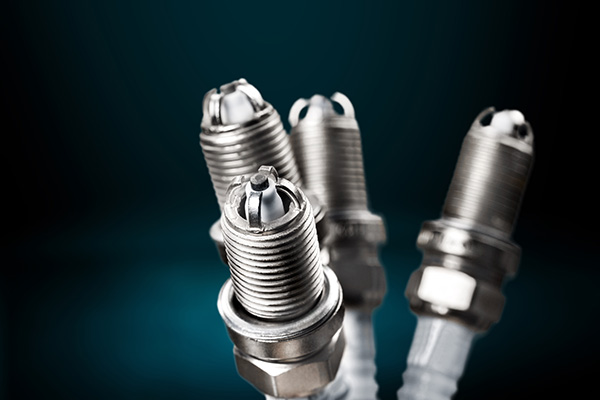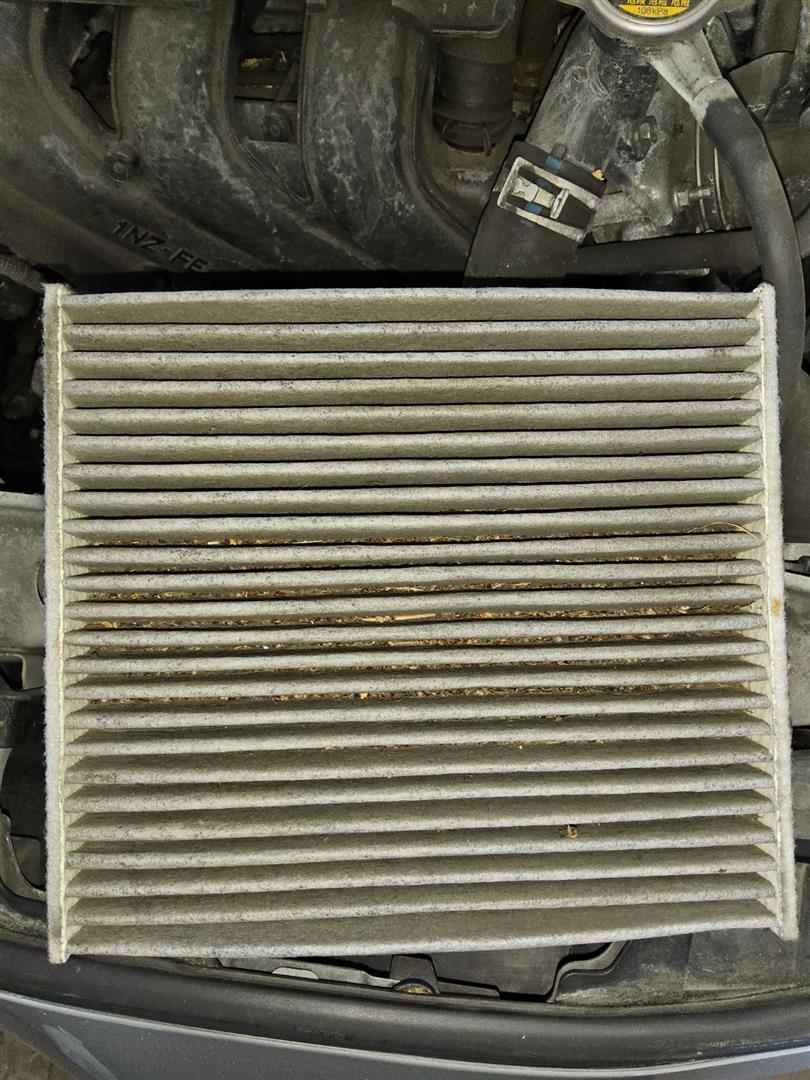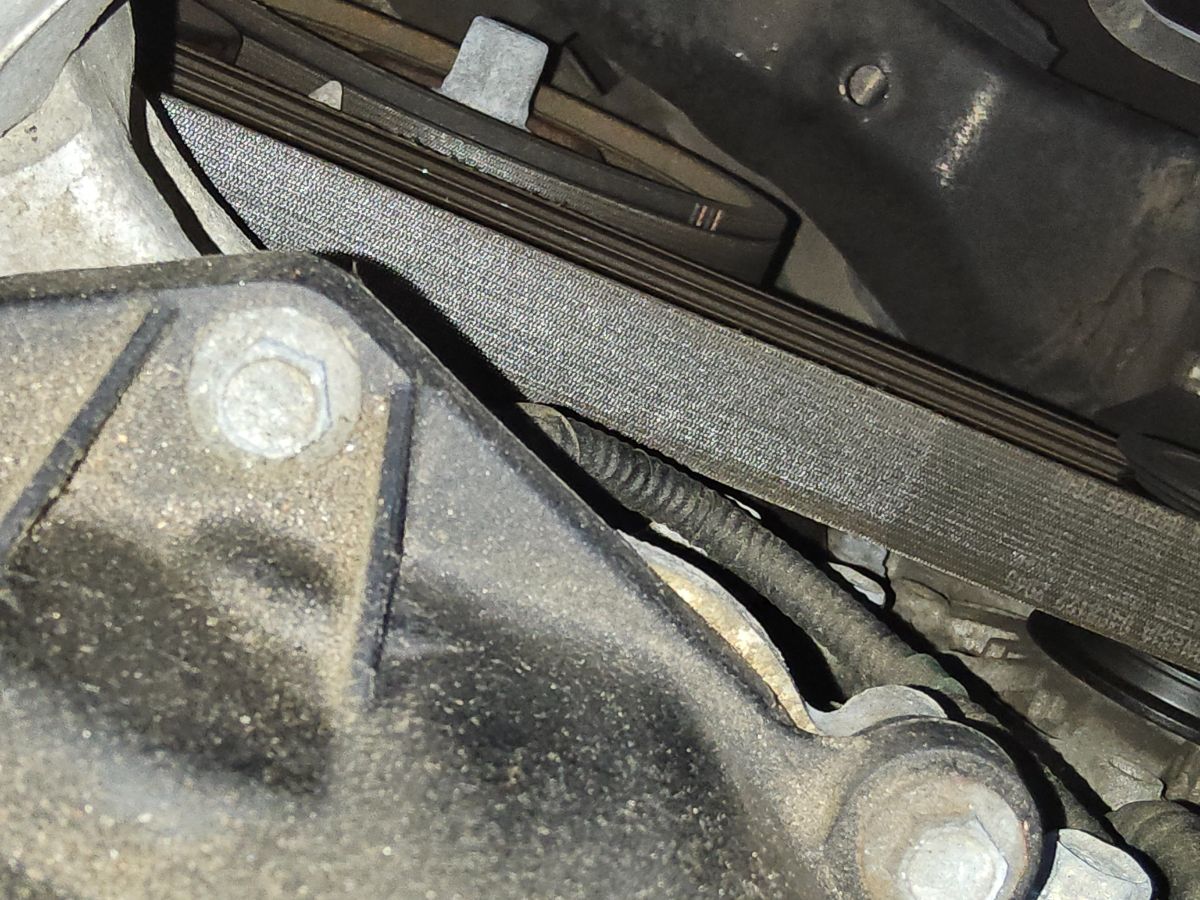Everyone picks up a few driving habits over the years. Some are harmless, but others quietly wear down your vehicle without you realizing it. These little habits may not seem like a big deal, but over time, they can lead to major repair bills and unexpected breakdowns.
If you’re looking to keep your car running well and avoid unnecessary trips to the shop, these are some habits worth breaking.
1. Riding the Brakes on Downhills
It’s tempting to keep light pressure on the brake pedal while heading downhill, but this creates constant heat in your braking system. That heat wears out your brake pads and can even cause your rotors to warp.
Instead, shift into a lower gear if you drive a manual or select the appropriate “L” or “2” mode in an automatic. Let engine braking help control your speed, and apply the brakes only when necessary. Your pads and rotors will last longer, and your braking performance will stay stronger over time.
2. Ignoring Unusual Noises
Most drivers have heard a strange noise and hoped it would just go away. But sounds like grinding, squealing, clunking, or humming usually point to a specific issue that’s getting worse. Waiting too long can turn a small repair into a major job.
For example, a worn wheel bearing might start as a faint hum. Leave it alone, and it could fail entirely, damaging the hub or even putting you at risk of a wheel coming loose.
3. Driving with Low Tire Pressure
Tires that are even a few PSI underinflated wear out faster, reduce fuel efficiency, and make your car handle poorly. More importantly, they increase the risk of a blowout.
Tire pressure should be checked at least once a month and adjusted to match the manufacturer’s recommendation. That number is often printed on a label inside the driver’s door frame. Don’t rely solely on the dashboard TPMS light because it usually doesn’t trigger until pressure is already too low.
4. Delaying Oil Changes
Engine oil breaks down over time and collects contaminants. If you delay oil changes beyond the recommended interval, your engine loses protection. Friction increases, parts wear faster, and sludge can begin to form in small oil passages.
Modern engines are more precise and sensitive than ever. Skipping oil changes can cause serious internal wear, trigger warning lights, or even lead to engine failure in extreme cases. If you're unsure how often to change your oil, check your owner's manual or ask your technician based on your driving habits.
5. Accelerating Hard on a Cold Engine
It’s a cold morning, you’re late, and you press hard on the gas right after starting the car. This is rough on your engine. Cold oil is thicker and doesn’t circulate as well. Until your engine reaches normal operating temperature, the internal parts aren't fully protected.
Driving gently for the first few minutes allows everything to warm up evenly. This habit goes a long way toward extending engine life and avoiding issues with gaskets, seals, and bearings.
6. Hitting Potholes Without Slowing Down
You see it at the last second and boom, your suspension takes a hit. Potholes are everywhere, and hitting them at full speed can bend rims, throw off alignment, damage tires, and stress your shocks and struts.
Even small impacts can knock alignment out just enough to cause uneven tire wear or make the steering feel off. If your car starts pulling to one side or you notice vibration, it’s worth getting an alignment check.
7. Resting Your Hand on the Gear Shifter
If you drive a manual transmission, this one’s easy to overlook. Keeping your hand on the gear lever while driving seems harmless, but it can put slight pressure on the shift forks inside the transmission. Over time, that can cause premature wear.
Hands should be on the steering wheel during normal driving, and the shifter should only be used during gear changes.
Keep Your Vehicle Healthy with Dave's Automotive in Stockertown, PA
At Dave's Automotive in Stockertown, PA, we’ve seen firsthand how small habits can turn into big repair jobs. If you’re noticing symptoms of wear, strange noises, or anything that feels off, let our team inspect it before the problem grows. We’re here to help you stay ahead of costly repairs and keep your vehicle running safely for the long haul.
Schedule your next visit today.


